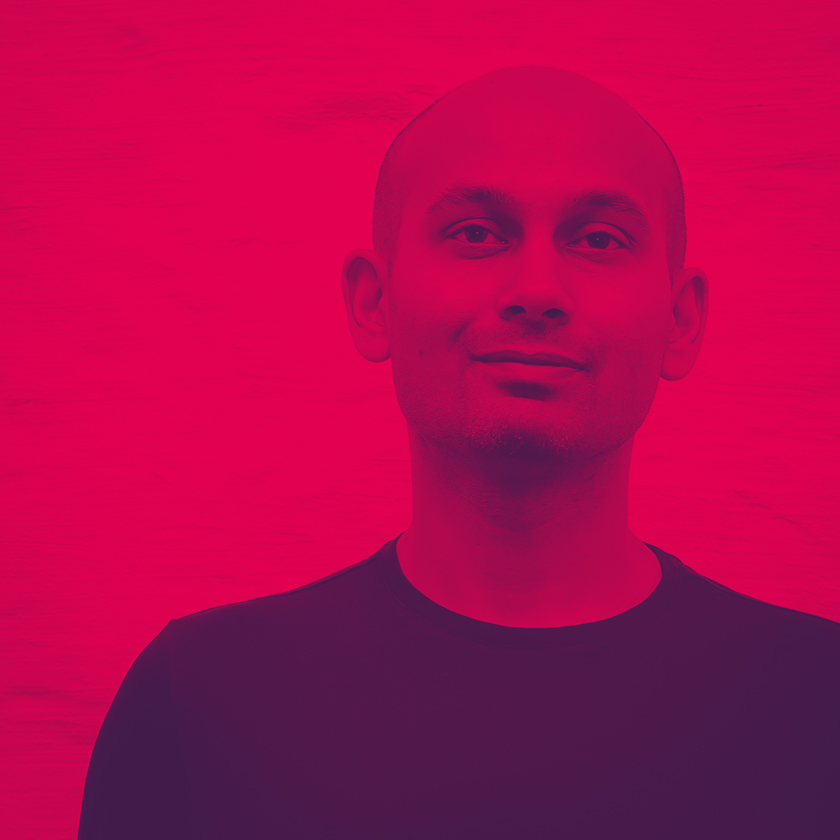The MaaSive future of transport
talk – 35 min | Feb 7 – 15:25
The shift from car ownership towards user-centered mobility
Our cities are facing a crisis. Merely a century ago, our streets were dominated by horses. The arrival of the automobile rapidly changed the way we moved, lived, and interacted. The car brought freedom of mobility to the masses, but it also impacted our urban environments in many unexpected ways. Private cars are amongst the most underused assets in the world. An average car sits unused 94% of the day, often occupying precious urban land. It is perhaps time to question why our cities aren’t necessarily designed to serve human needs first.
As urbanization continues and cities get denser, urban planners believe that personal car ownership will choke our cities. Cities are trying to reduce their carbon emissions while dealing with an ever growing volume of traffic. More young adults think that car ownership is a waste of both time and money. MaaS, or Mobility as a Service, aims to address these trends and deal with upcoming transportation challenges.
MaaS promotes access to mobility by combining different public and private modes of transport in to a user-centered and integrated service with a monthly subscription. People can now travel from one place to another using a variety of modes, letting the service seamlessly take care of planning, ticketing, and payments. The smartphone becomes a personal key to the city, unlocking transport as one moves around.
The talk introduces the design concepts of MaaS and shares experiences of creating the service together with city inhabitants and stakeholders. It discussed the challenges of applying design processes to transportation, and explores what role user-centered design will play in enabling the shift towards people-centric transportation and human-centric cities.
The vision of MaaS is to make cities more liveable for all by offering compelling alternatives to car ownership. MaaS can shift the transport modal split towards more sustainable, shared, and active modes. By doing so, we will be able to repurpose land currently dedicated to car parking and multi-lane roads, reduce congestion, and make cities cleaner. At a societal level, MaaS will make our cities more fair and equitable by bringing sustainable, affordable and inclusive mobility to more of its inhabitants.
Our urban landscape is set to change again, and MaaS will be one of the driving forces behind that.
About the speaker

Apaar Tuli
Apaar Tuli is an independent designer from Helsinki with a background in interaction design, architecture and urban planning. As the lead product designer of Whim, he has been closely involved in designing for the world’s first Mobility as a Service platform. Previously, he has designed a range of products and services at Nokia Design and Microsoft’s Devices Design studios.
Apaar is a passionate traveller. He has directed two ethnographic documentaries shot in some rather unvisited corners of the world, and then screened in various film festivals across Europe. He also happens to be an year-round cyclist in Helsinki’s sun and snow.
























